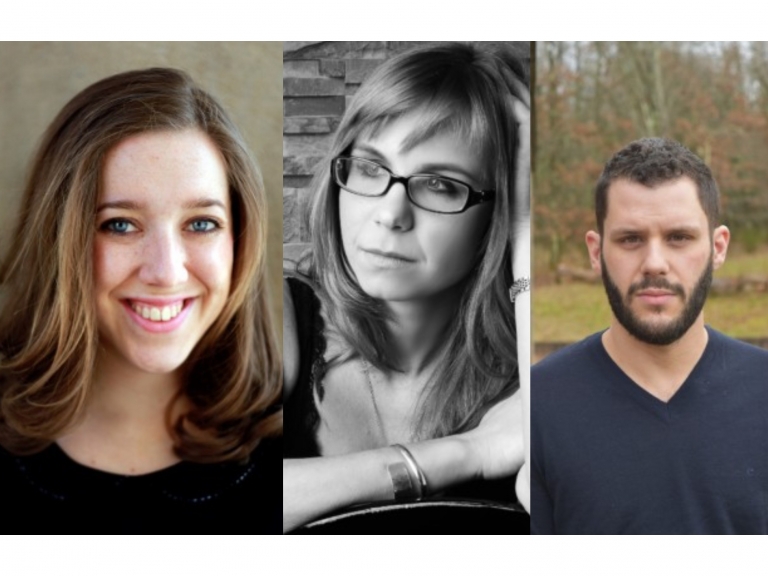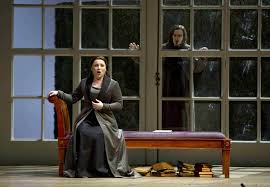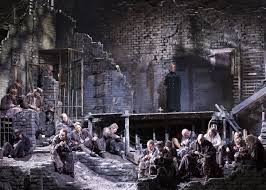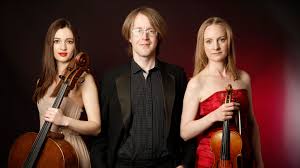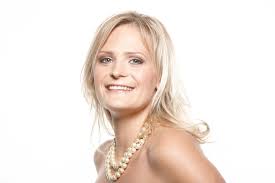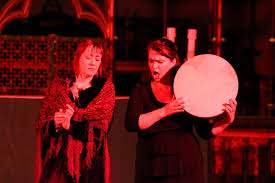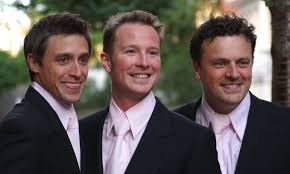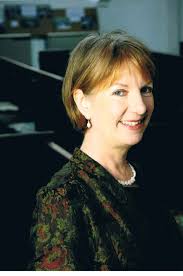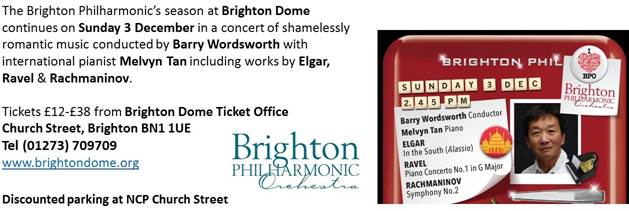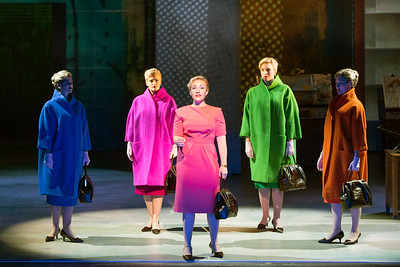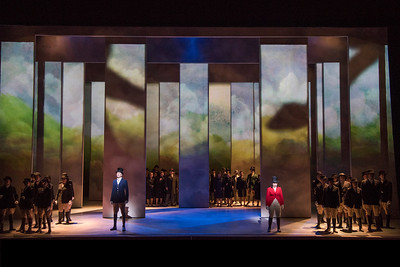‘Aqua’ – Arta Arnicane
(Solo Musica label on Sony Music)

The planet looks likely to need artistes like Arta Arnicane. The Latvian pianist’s ingenuity and imagination combined again to create an enriching and rewarding songlike programme by her piano-cello DUO Arnicans at their International Interview Concert at Worthing in November 2017. But few places in Britain have yet tasted her appealHer new CD album ‘Aqua’ is a beautiful piece of work. Do not be surprised at its class. The disc, the music, the booklet, the personally-written narrating booklet accompaniment, the guest photography, the packaging, indicate that Arnicane promises a future flow of contributions to the wellbeing of her listeners.
‘Aqua’ amounts to a sort of soul hydrotherapy. We know of the physical and spiritually therapeutic effects of water, and here she presents a 16-item sequence of solo piano music designed to seep inside ourselves. Our majority-water composition as human beings subliminally determines our affinity and receptiveness to that – and if science has yet to research this process, Arta Arnicane here issues their prompt.
Scientists now confirm the imminent increased water domination of our existence: the oceans are on their way upwards to meet us. Indeed, prescient on this album is Waterfall of P?rse, which portrays an actual waterfall lost to the rising level of the river Daugava. It is one of seven pieces by Latvian composers, some actually acquaintances of Arnicane, and who on ‘Aqua’ are rubbing shoulders with music’s already established master water painters.
Latvia gave us Mikhail Baryshnikov, Mischa Maisky, Mariss Kansons, Andris Nelsons, Gidon Kremer. Like all these, who were born in the winter by the Baltic Sea, at the mouth of the Daugava, Arnicane hails from Riga. I have named only male compatriots. But Mirga Gražintye-Tyla from neighbouring Lithuania has lately broken through the glass door of recognition and now chief-conducts Birmingham’s famous orchestra.
No Latvian woman has hit full international musical consciousness outside opera. But Arnicane could emerge from that shade with her own angle on great music. In ‘Aqua’, she creates both an alluring and invigorating ambience, and a refreshing and rejuvenating listening experience. Relaxation comes in the knowledge that, heard end-to-end, ‘Aqua’ has taken the hearer to a new plane of perception and understanding – even repose.
I firmly recommend that your first listening is done without knowing all the titles, or the running order, nor having read the inside booklet. Failing that, not having them in front of you.
This greatly empowers the undulation of the programme’s trajectory and energy, and increases the listener’s feeling of discovery, for discoveries lie in wait. Approach ‘Aqua’ like a 1970s concept album heard in the dark.
Arnicane, to use circus billing, is already a virtuoso. But in’Aqua’ her prize gift to the hearer is not from the necessary servant dexterity and strength but the priority of the scenic depiction and the poetry. She wants you to shut your eyes and visualise, not to seek bedazzlement. And her instinct and innate sensitivity of planning leaves you with the final feeling of ‘and so to bed’. Magic is abroad and know also that this is a record you could give unhesitatingly to a child.
From our wealth of sea, lake, river, stream, brook and rain music, Arnicane draws on Berio, Debussy, Ravel, Liszt, Schubert, Chopin, Grieg (people you’ve heard of) and Jazeps Vitols, Arvids Žilinskis, Janis Keptis, Pauls Damis and Romualds Jermaks – the important newcomers who make this record the treasured one it will become. Providing that you, I trust – like everyone else – are made of water.
Richard Amey
Details and special video: https://www.artaarnicane.com/aquacd
DUO Arnicans’ self-titled CD of Chopin and Dohnanyi Sonatas, plus two other unexpected Chopin items is out on the same label.

